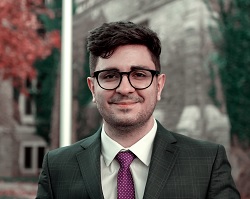Chronic anxiety
- Psychotherapy
- GAD will benefit the most
- Medications
- SSRIs and SNRIs
- Helpful for OCD, PTSD, GAD
- Impulsive disorders will not respond to SSRIs
- Risk of serotonin syndrome
- SSRIs and SNRIs
Acute anxiety
- Will benefit from acute treatment
- Medications - anxiolytics
- Rapid-acting benzodiazepines
- Rapid-acting benzodiazepines
- IV Lorazepam
- PO Alprezalem
- Panic disorders will benefit from benzos
- Used for acute attack abortion
- Chronic use
- Avoid to prevent dependence
- Can create withdrawal similar to alcohol
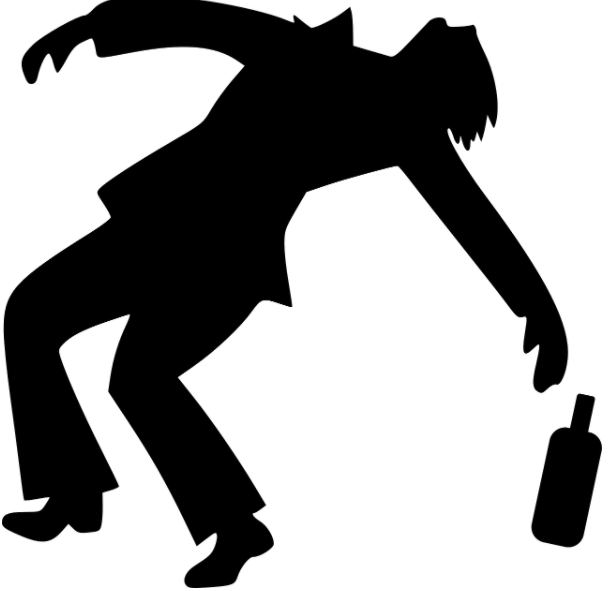
- Treat alcohol withdrawal with long-acting benzos
- Diazepam
- Chlordiazepoxide
- Both ethanol and benzos bind to GABA receptors
- Rapid-acting benzodiazepines
- Non-selective beta-blockers
- Propranolol
- Nadolol
- Atenolol
- Risks
- Decreased HR
- Decreased Mood
- Rapid-acting benzodiazepines
Antipsychotics
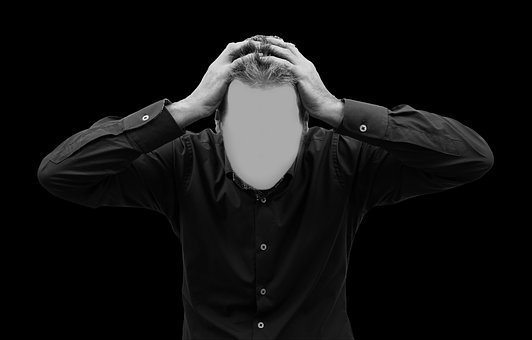
Psychosis has both positive and negative symptoms:
- Positive symptoms
- Hallucinations
- Delusions
- Driven by
- Mesolimbic D2C receptors driven by dopamine cause these symptoms
- Blocking these receptors prevents positive symptoms
- Negative symptoms
- Lack of speech, emotion, interest
- Driven by
- 5HT1 receptors driven by serotonin
- Blocking these receptors will lessen the negative symptoms
Pharmacology
- Typical antipsychotics = first-generation antipsychotics
- Idea was to reduce positive symptoms by blocking the D2C receptors in the mesolimbic region
- These medications blocked all dopaminergic effects
- Higher doses caused extrapyramidal side effects
- In the nigrostriatal tract, dopamine blockage will cause extrapyramidal side effects
- In the tuberoinfundibular tract dopamine blockage will result in gynecomastia and galactorrhea and amenorrhea in males and females respectively
- General side effects = cholinergic effects
- Urinary retention
- Dry mouth
- For typical antipsychotics, more effective drugs will have more side effects
- Haloperidol - potent with more side effects
- Used in the acute setting for sedation
- Fluphenazine - potent with more side effects
- Thoridiozine - less potent less side effects
- Chlorpromazine - less potent less side effects
- Haloperidol - potent with more side effects
- Atypical antipsychotics = second-generation antipsychotics
- Target
- Positive symptoms
- By blocking D2C dopamine receptors (selectively)
- Fewer extrapyramidal symptoms
- Negative symptoms
- By blocking serotonin receptors
- Positive symptoms
- Examples
- Quetiapine
- Somnolence is a side effect
- Used to treat insomnia
- Can also be used to treat bipolar mania (with psychotic features)
- Olanzapine
- Weight gain and diabetes are side effects
- Can use a mixture of Olanzapine with Haloperitol for rapid sedation
- Risperidone
- Highest incidence of extrapyramidal symptoms
- Can be used chronically
- Aripiprazole
- Ziprasidone
- Quetiapine
- General side effects
- Cholinergic side effects
- QTC prolongation
- Mostly used in compliant patients who will take all of their medications
- Target
- Clozapine - most effective
- Class of its own
- Best drug and last resort due to the increased risk of mortality from agranulocytosis = lekopenia
- Need to have failed 2 antipsychotic treatment
- CBCs weekly and monthly
Extrapyramidal symptoms
- Commonly seen with typical antipsychotic use
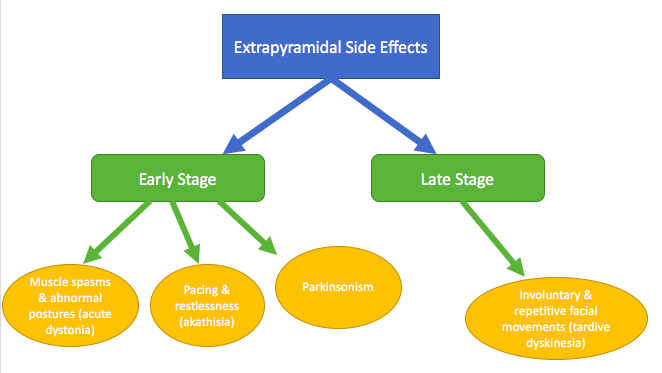
- Symptoms
- Akathisia
- Subjective feeling of restlessness
- Treatment
- Decrease the dose of the antipsychotic
- Use beta-blockers
- Anticholinergic medications
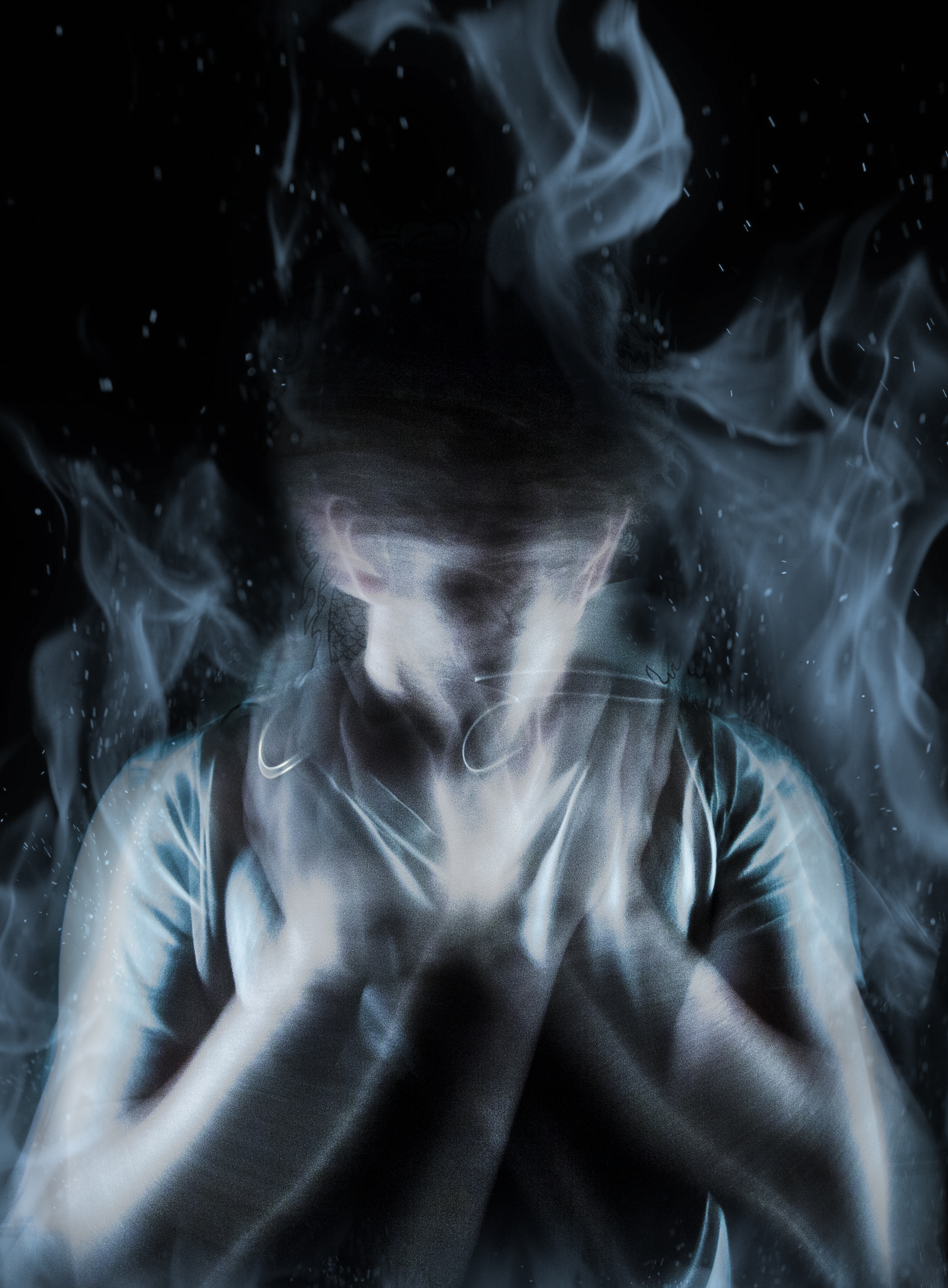
- Acute dystonia
- Contraction of major muscle groups
- Oculogyro crisis
- Eyes locked in place looking up
- Torticollis
- Contraction of the sternocleidomastoids
- Neck twisted to one side
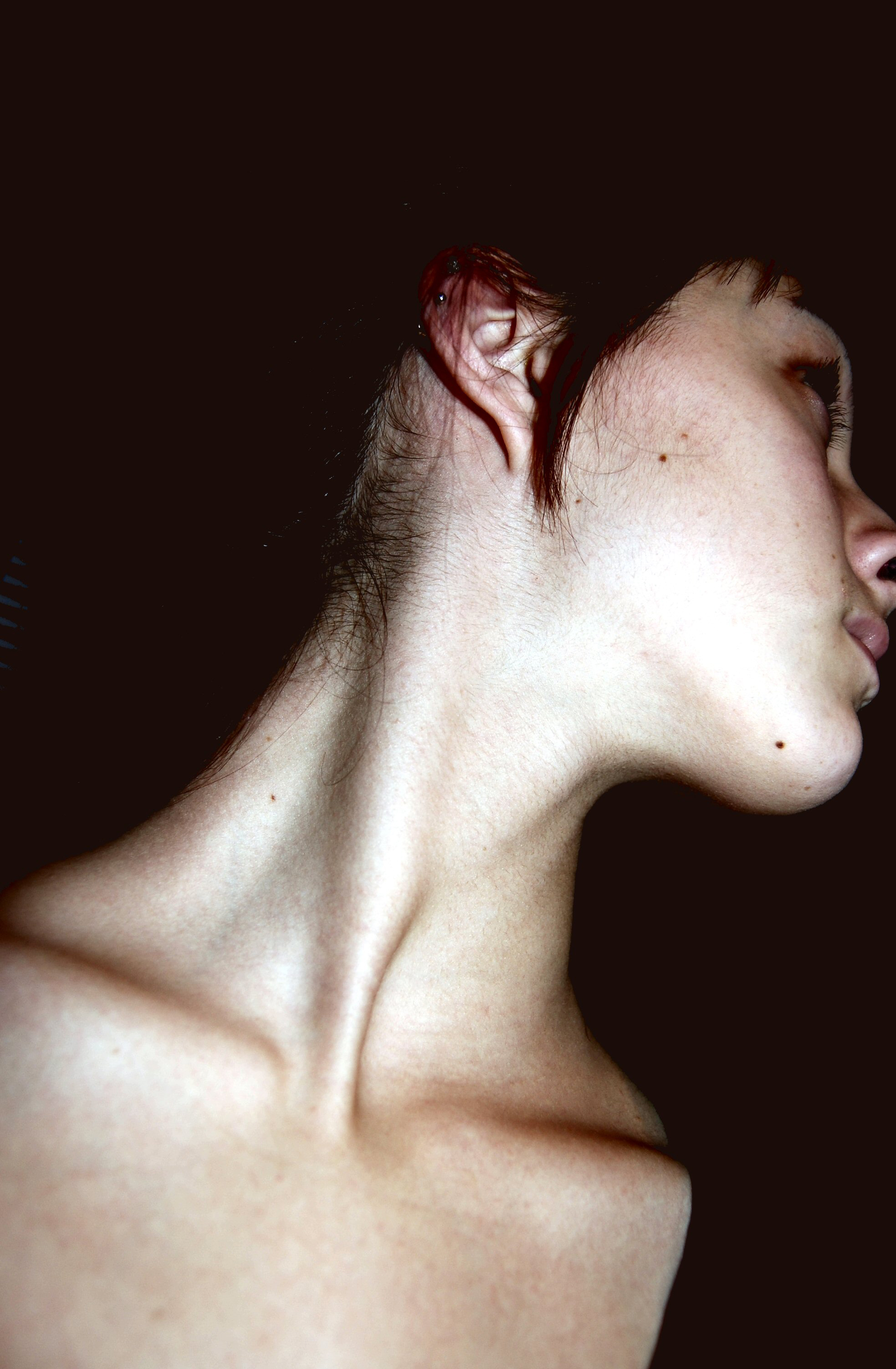
- Treatment
- Anticholinergic medications
- Dyskinesia = bradykinesia
- Dopamine receptors inhibited in the wrong region
- Shuffling gate, cogwheel rigidity
- Parkinsonism
- Treatment
- Anticholinergic medications
- Tardive dyskinesia
- Irreversible, chronic and lifelong
- Facial
- Grimaces, moving the jaw
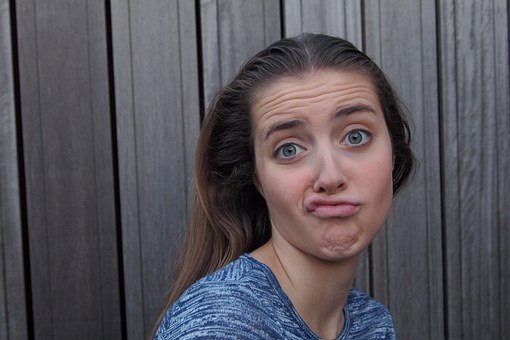
- Has no treatment
- On medication for greater than 6 months
- Antipsychotic medication treatment will make it worse
- Management
- Stop the antipsychotic treatment at the earliest symptoms
- Akathisia
All information provided on this website is for educational purposes and does not constitute any medical advice. Please speak to you doctor before changing your diet, activity or medications.

